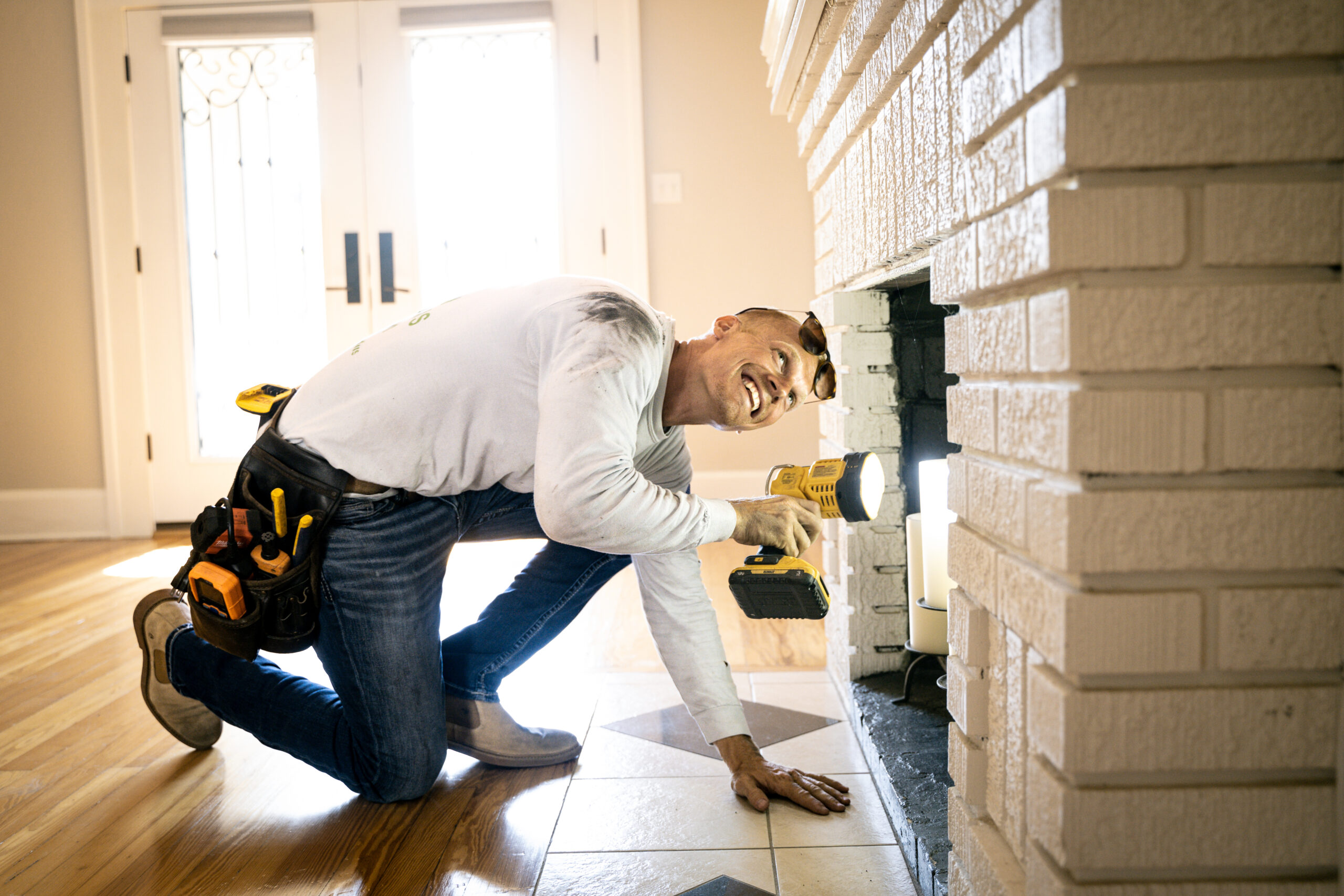Becoming a home inspector is an exciting journey that blends hands-on experience with a commitment to learning. But where should you start? From essential coursework to field inspections and certifications, this guide breaks down everything you need to know to train as a home inspector and set the foundation for a successful career.
Educational Courses
Obtaining a license is one thing, but on-the-job training is even better (and some would argue more important). Before you advance to supervised inspections, you’ll want to complete some core preliminary courses such as:
- Exterior and roof inspection standards
- Interior and appliance inspection standards
- Basic structural inspection guidance
- Attic, insulation, and ventilation guidance
- Residential guidance (including plumbing, electrical, and HVAC inspection standards)
Supervised Field Inspections
Now, onto the fun part! Supervised field inspections are one of the best ways for new inspectors to get real-world, hands-on experience under the guidance of an industry professional. These on-site visits typically involve evaluating various residential and commercial properties where feedback is given throughout the inspection. Even though these visits are usually required by many states prior to taking certification exams, it’s best to look at supervised inspections as learning opportunities since no two properties are the same.
National and State Certification Exams
After completing education and field inspections, next up is the ‘classroom portion,’ i.e. passing certification exams. Keep in mind, some states only require that you pass the National Home Inspector Examination (NHIE), the national standard for professional home inspectors, but other states require additional exams. Fortunately, you can review many online study materials and take practice quizzes to test your knowledge ahead of time.
To keep your knowledge fresh and be best prepared, you can also register for online and in-person courses from organizations like American Home Inspection Training or the International Association of Certified Home Inspectors (NACHI).
Complete Training and Licensing Renewals
Once you’ve passed the exams, you can apply for a home inspector license, which typically includes:
- Background check
- Submitting a license application and paying fees
- Purchasing insurance
To see the full list of steps per state, visit the NHIE website. Just like licensing requirements vary by state, so do the renewal terms. Once you receive your inspection license, be sure to stay current with your state’s specific requirements so that your certification doesn’t lapse.
Home Inspector Standards of Practice
There are certain consistency and quality guidelines that outline what a thorough home inspection should entail. These guidelines protect both inspectors and their clients including:
- Which parts of a home must be inspected (exterior, foundation, roof, heating and cooling systems, plumbing, electrical systems, and appliances)
- How these inspections should be conducted
- What defects must be reported
Are Home Inspector Standards Legally Binding?
Since the standards are not laws, they are not legally binding, but many states incorporate them into their licensing requirements. It’s also worth pointing out that, if you eventually join trade organizations like ASHI and InterNACHI, you must adhere to the standards to maintain the certification or membership. If you fail to follow these standards at any point, it can be detrimental to your business, including loss of certification, a greater risk of overlooking dangerous faults, losing client trust, and possible lawsuits.
Joining a Home Inspector Association
Professional associations like ASHI and InterNACHI charge a membership fee, but those fees come with benefits. Member benefits include training, education, networking opportunities, and certification programs. ASHI, for example, has been in business for more than 40 years. They offer continuing education, and ongoing membership requires adherence to ASHI’s Standards of Practice.
Meanwhile, InterNACHI is the largest home inspection business association globally, emphasizing strict training and education through extensive online programs. Similar to ASHI, membership requires adherence to InterNACHI Standards of Practice, and many states accept InterNACHI training sufficient for licensing.
Although highly beneficial, joining associations is not the only way to stay current with home inspection standards. The key takeaway here is to be engaged in a professional community, whether through national associations, local groups, or online forums, so that you can ask questions, share experiences, and get advice. After all, you can’t get all your training and education from studying and on-site inspections!


